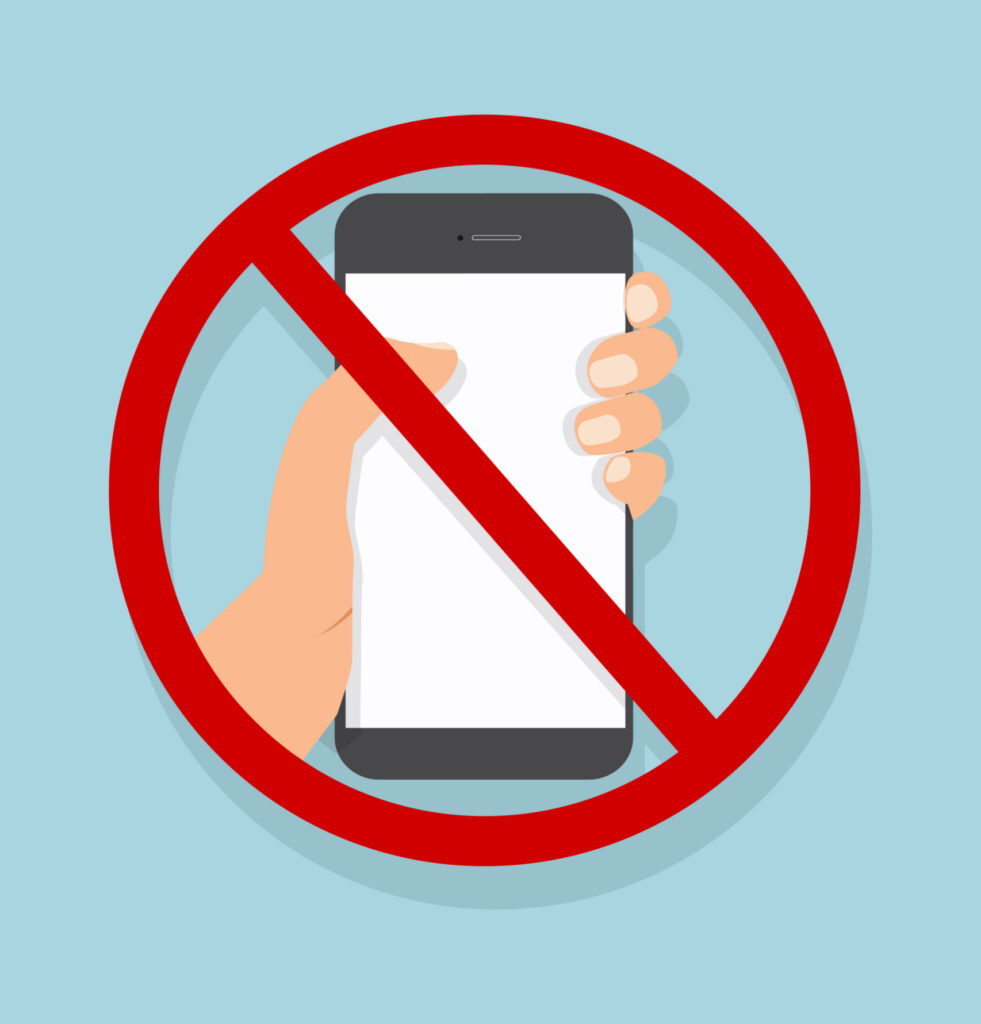DeSantis Signs Bill Expanding Cellphone Restrictions in Florida Schools

On May 30, 2025, Florida Governor Ron DeSantis signed a significant piece of legislation that broadens the scope of cellphone restrictions in schools across the state. According to NBC Miami, the bill (HB 1105), which was passed by the Legislature earlier in May, will prohibit cellphone use throughout the entire school day in elementary and middle schools. It will also implement a pilot program in six counties, which will extend this prohibition to high school students during school hours.
The legislation, which passed the House with a strong 85-14 vote and the Senate with a 26-5 vote, amends existing rules that already limit cellphone use to instructional time only. Now, under the new law, students will be unable to use their phones at all during the school day, with exceptions only for designated areas where students can use their phones with permission from a school administrator.
Representative Demi Busatta Cabrera, the bill’s sponsor, emphasized that the law’s goal is to improve student focus, reduce distractions, and create a better learning environment for all Florida students. As the sponsor of House Bill 949, she explained that the bill aims to help curb distractions in the classroom, foster better academic engagement, and limit the impact of mobile technology on students’ learning experiences.
The bill’s passage has sparked debates across the nation about how mobile phones impact academic performance. Studies have shown that cellphones can be a major source of distraction, potentially reducing students’ attention and academic achievement. As more schools explore ways to manage technology’s role in education, this bill sets a precedent for how other states may regulate phone use in classrooms.
The bill is set to take effect on July 1, 2025. In addition to regulating cellphone use, it also includes provisions aimed at improving charter schools. Among these changes, charter schools will now receive a proportionate share of local government infrastructure surtax funds and will face fewer hurdles in converting traditional public schools to charter schools. The teacher support requirement for such conversions will be removed under the new law.
Although the new cellphone ban has its supporters, including many educators who believe it will help reduce bullying and promote focus, it also has its critics. Opponents argue that limiting cellphone use could overlook the potential benefits, such as using phones for emergency communication or educational purposes. Some educators and parents also point out that phones can be helpful tools for students with special needs or those needing to stay in contact with family.
As the bill moves forward, Florida’s new law could influence similar legislative efforts in other states, as the national conversation around cellphones in schools continues to evolve. With growing concerns about technology’s impact on students’ academic performance and mental well-being, this bill marks a pivotal moment in the ongoing debate about the balance between education and technology in the classroom.
For Florida, the clock is ticking toward July 1, 2025, when the new rules will officially take effect. Whether this new approach to cellphone use will improve student focus and educational outcomes remains to be seen, but it certainly sets a bold example for other states grappling with similar issues.
As education leaders, parents, and lawmakers continue to debate the role of technology in schools, Florida’s decision could spark a broader conversation about how best to balance technological advancements with the needs of students.
RECENT










BE THE FIRST TO KNOW

More Content By
Think American News Staff












